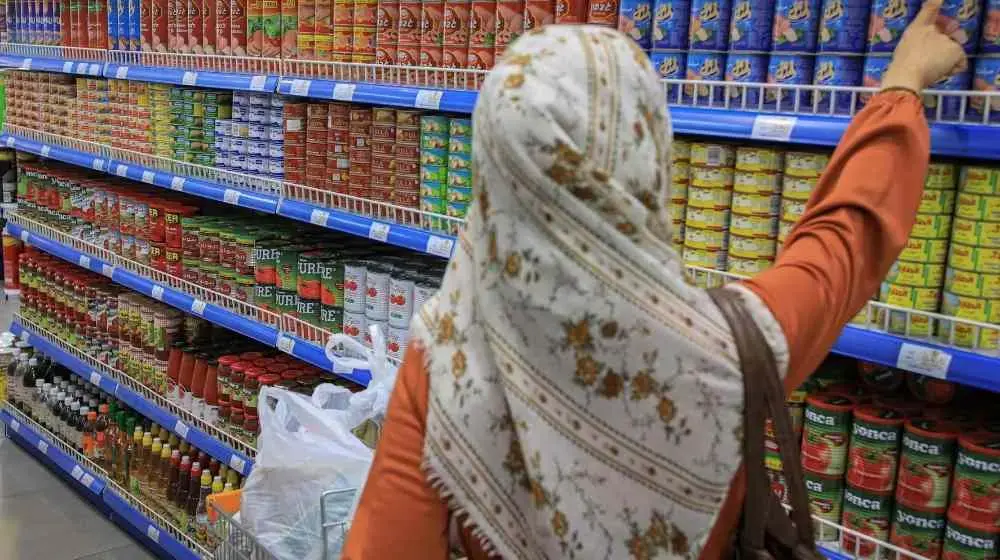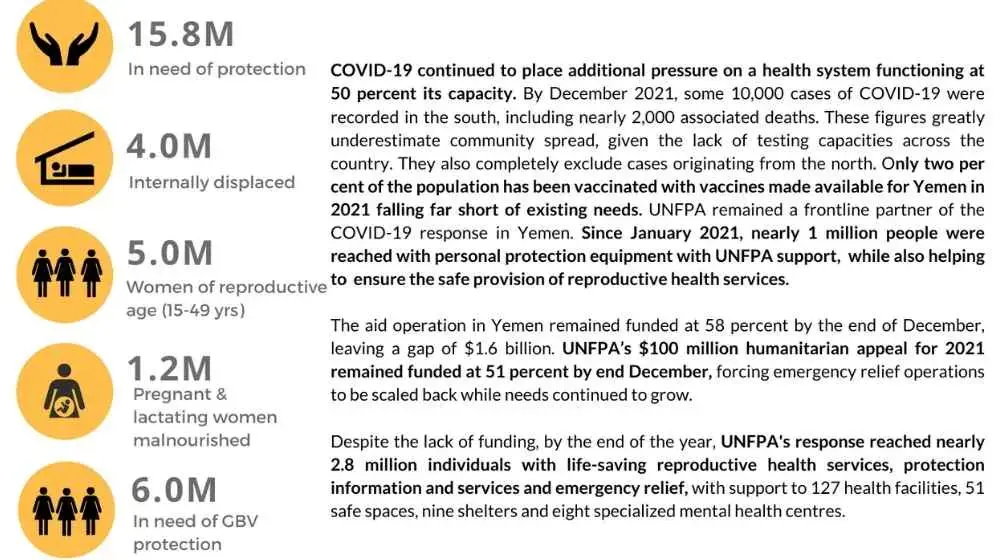Even under normal conditions, reproductive health issues are a leading cause of death and illness among women of childbearing age. But when a crisis strikes, skilled birth attendance and emergency obstetric care often become unavailable, exacerbating the vulnerability of pregnant women. Moreover, during conflicts, natural disasters and other emergencies, plans for a humanitarian response can easily lack adequate services for the immense sexual and reproductive health (SRH) needs among any affected population. Women face other threats as well. The absence of health services and other factors can increase the risks of contracting HIV and other sexually transmitted infections. And the breakdown of protection systems often leads to a rise in gender-based violence (GBV). In addition, the burden of care women assume for children and others can make it difficult for them to take proper care of themselves. Women may neglect their own needs as they care for their families and neighbours.
Sexual and reproductive health
Human Rights and Gender Equality
What we do
UNFPA in the Arab Region: Responding to Humanitarian Emergencies
Publisher
UNFPA
Number of pages
20
Author
UNFPA
Publications
UNFPA in the Arab Region: Responding to Humanitarian Emergencies
Publication date
07 November 2016
Latest
Publications
27 January 2022




